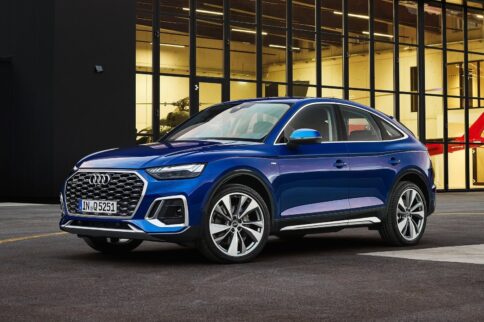In the late 2000s, BMW created the SUV coupe vehicle segment with the X6, which combined the existing X5 SUV’s ground clearance and all-wheel traction with a sleeker body.
The mid-size X6’s success prompted BMW to expand its SUV coupe offerings in 2015 with the compact X4, which was based on the already-popular X3 model.
In the years following the X4’s arrival, Mercedes-Benz, Audi, and Infiniti introduced their own compact SUV coupes to try to steal a bit of BMW’s market share. Here’s a look at what this relatively new segment offers, and common issues to watch for if you’re shopping for a used version of the X4, the Mercedes-Benz GLC Coupe, Audi Q5 Sportback, or the Infiniti QX55.
2022 Infiniti QX55
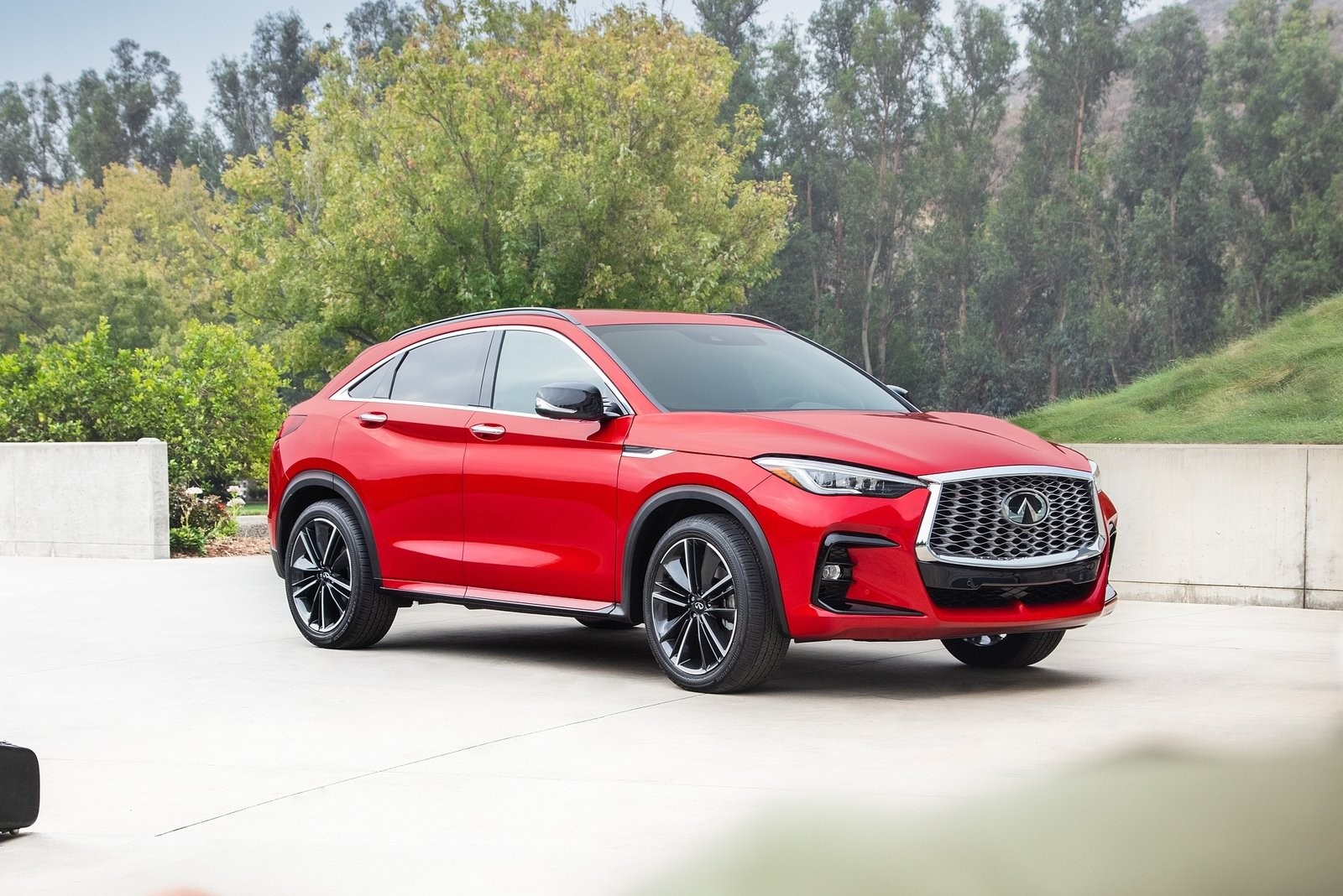
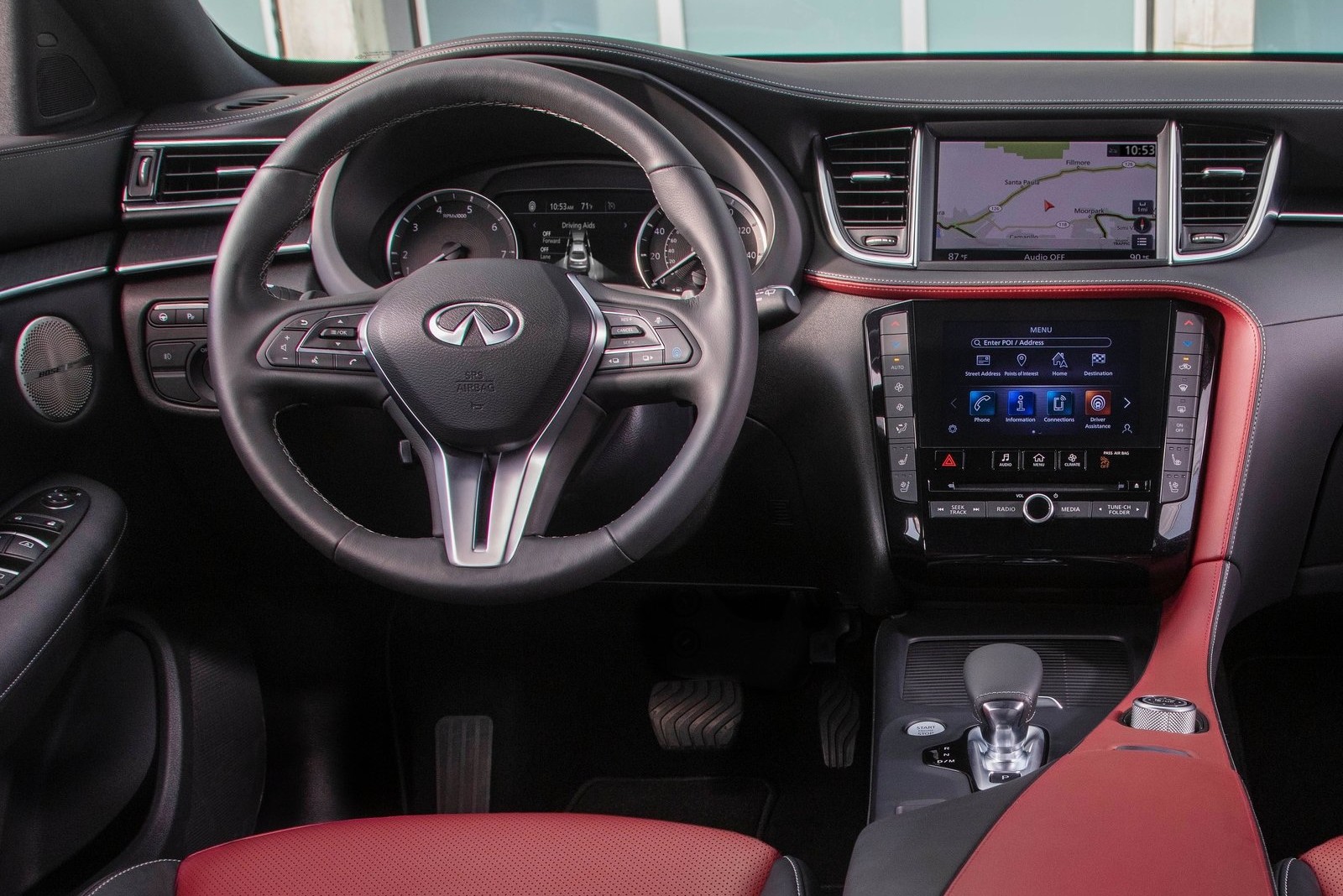
We’ll lead off with the newest addition to the class, the Infiniti QX55, a vehicle aimed at buyers who want a more stylish vehicle than the QX50, which uses the same structural and mechanical components.
Power comes from a 2.0L turbocharged four-cylinder engine (268 hp and 280 lb-ft of torque) that uses variable compression technology developed by Infiniti’s parent company, Nissan. It uses a unique crankshaft design that can vary the engine’s compression ratio to save fuel at cruising speeds or generate more power under acceleration. All-wheel drive is standard, as is a continuously variable automatic transmission (CVT).
Infiniti’s fuel consumption estimates for the QX55 are 10.5/8.3 L/100 km (city/highway).
There isn’t much reliability information available for the QX55 yet. According to Consumer Reports, owners of the similar QX50 complain of road and wind noise, infotainment screens that freeze or go blank, and climate control system troubles.
Audi Q5 Sportback, 2021-2022
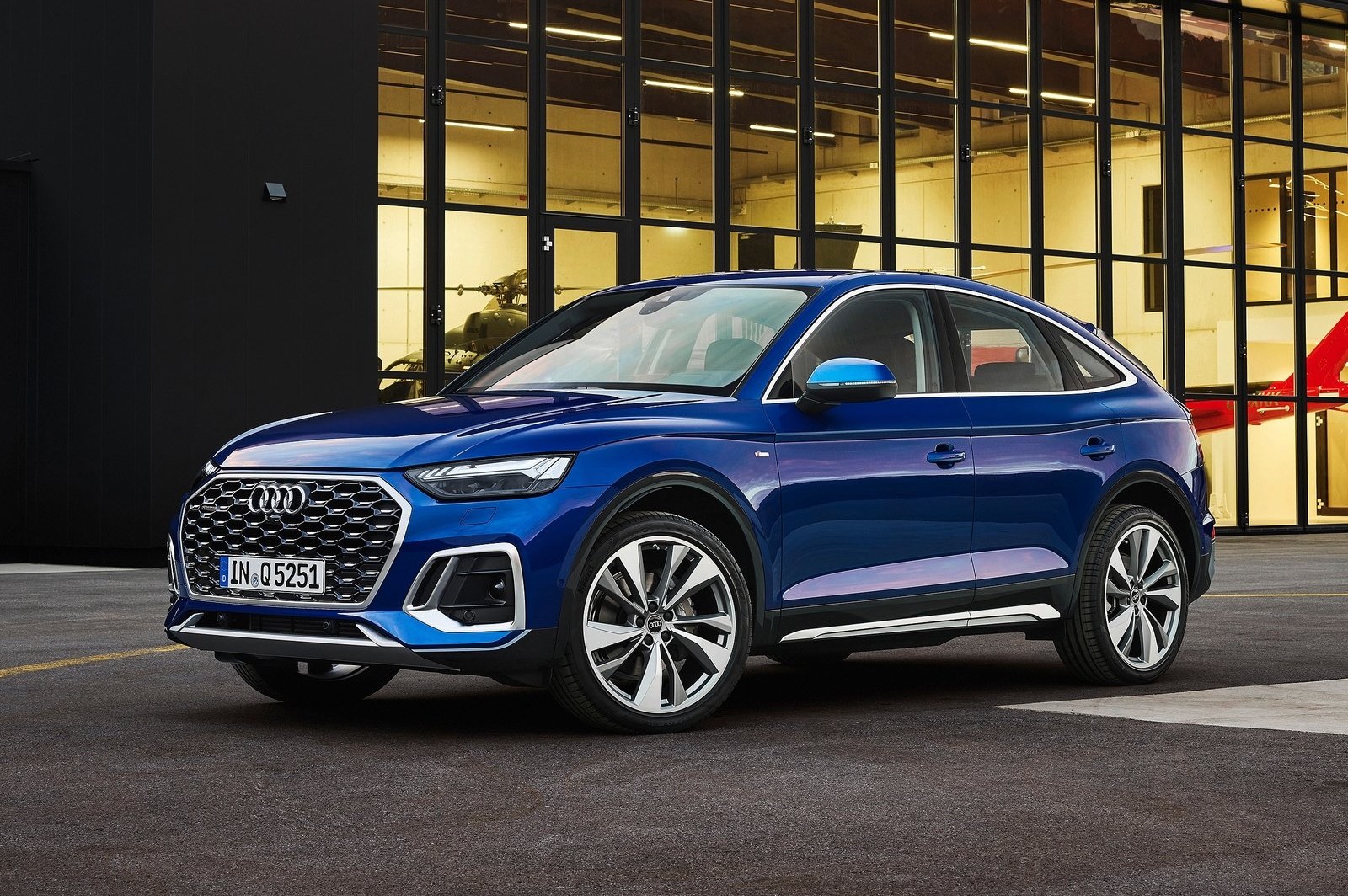
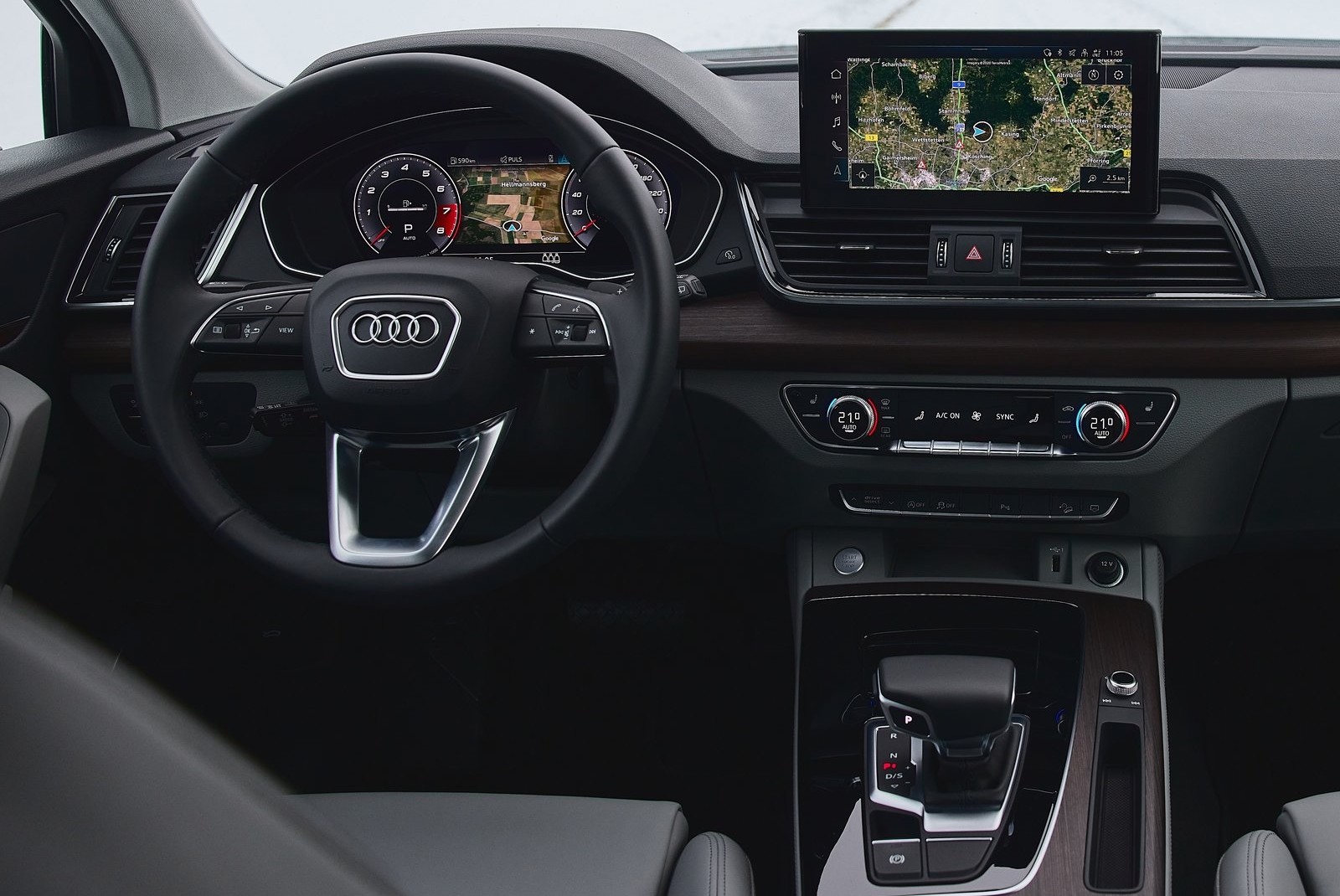
The next newest model in the compact luxury SUV coupe class is the Audi Q5 Sportback, which arrived in 2021 and is based on the second-generation Q5 introduced in 2018.
Base models use a 2.0L turbo four-cylinder engine (261 hp and 273 lb-ft), AWD, and a seven-speed automatic transmission. A speedier SQ5 variant trades up to a 3.0L turbo V6 with 349 hp/369 lb-ft and an eight-speed transmission.
Fuel consumption is rated at 10.3/8.4 L/100 km (city/highway) in the Q5, and 12.5/9.7 L/100 km for the SQ5.
Common reliability complaints include malfunctioning HVAC systems, issues with the infotainment interface, and faults with the AWD system’s differentials.
Mercedes-Benz GLC Coupe, 2017-2021
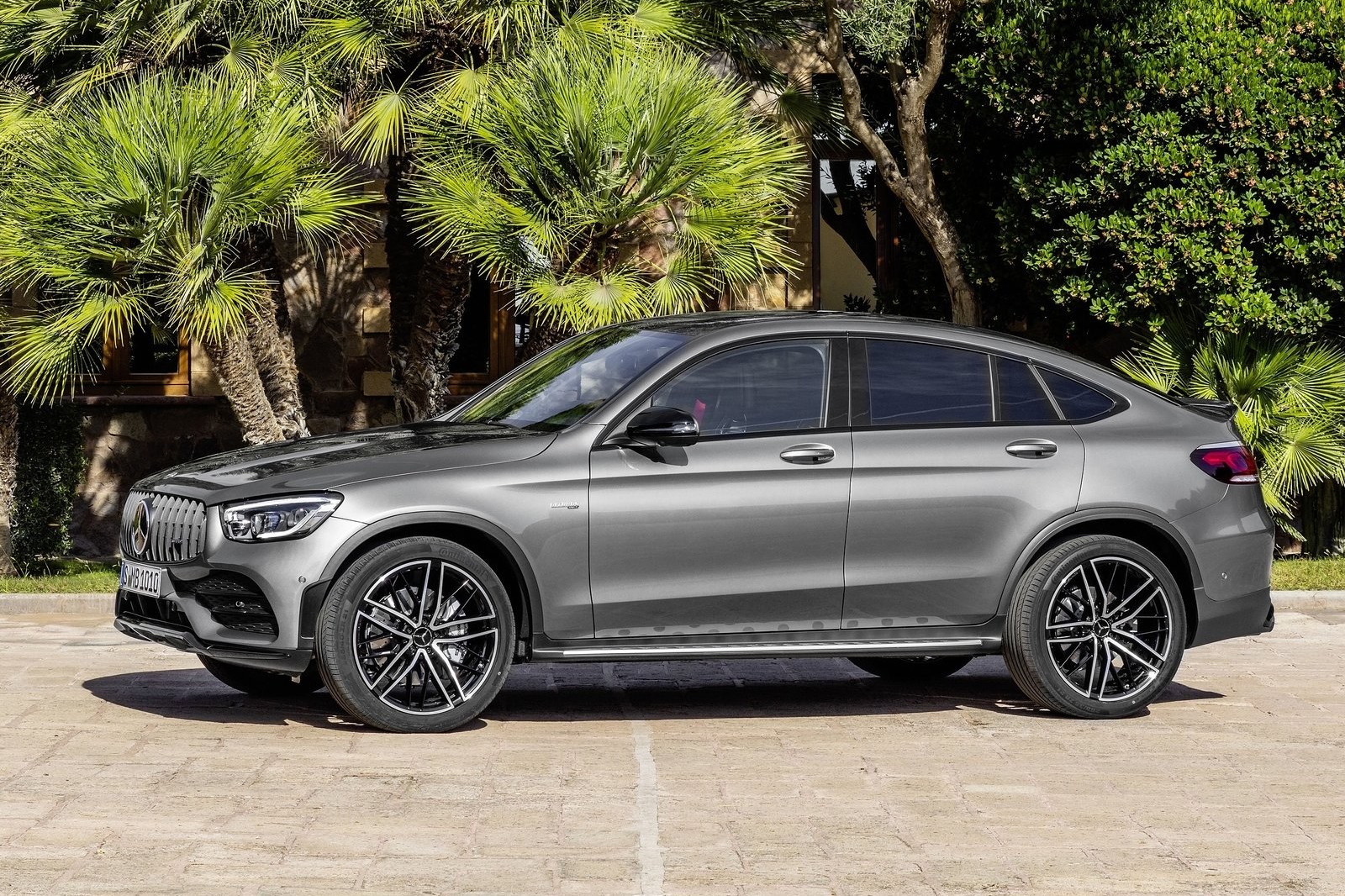
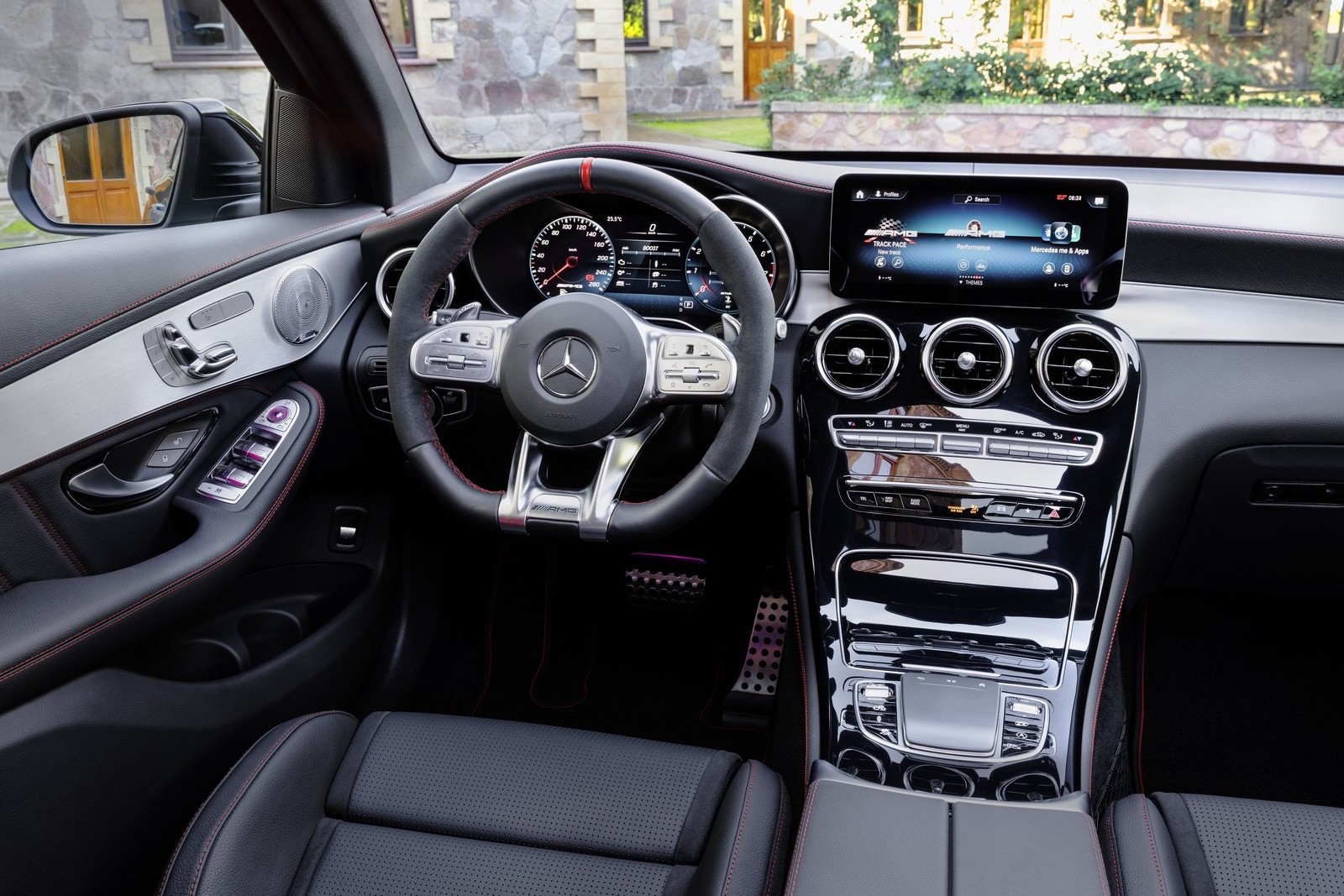
In 2017, Mercedes-Benz rolled out the GLC Coupe, a sleeker version of the GLC-Class compact crossover model introduced in 2016 to replace the GLK-Class.
Early models were offered as the GLC 300 Coupe, powered by a 2.0L turbo four-cylinder engine with 241 hp and 273 lb-ft of torque; and the Mercedes-AMG GLC 43, whose 3.0L turbo V6 makes 362 hp/384 lb-ft in early models, and 385 hp starting in 2018. Also in 2018, a Mercedes-AMG GLC 63 arrived with a 4.0L turbo V8 that makes 503 hp/516 lb-ft. In 2020, the GLC 300 got a new four-cylinder that makes 255 hp. All engines come with AWD and a nine-speed transmission.
Fuel consumption is estimated as low as 10.6/8.4 L/100 km (city/highway) for the GLC 300; 13.0/9.8 L/100 km in the AMG GLC 43; and 15.0/10.9 L/100 km for AMG 63 models.
Common complaints include wind noise, squeaky brakes, infotainment malfunctions, and steering wheel vibrations.
BMW X4, 2015-2021
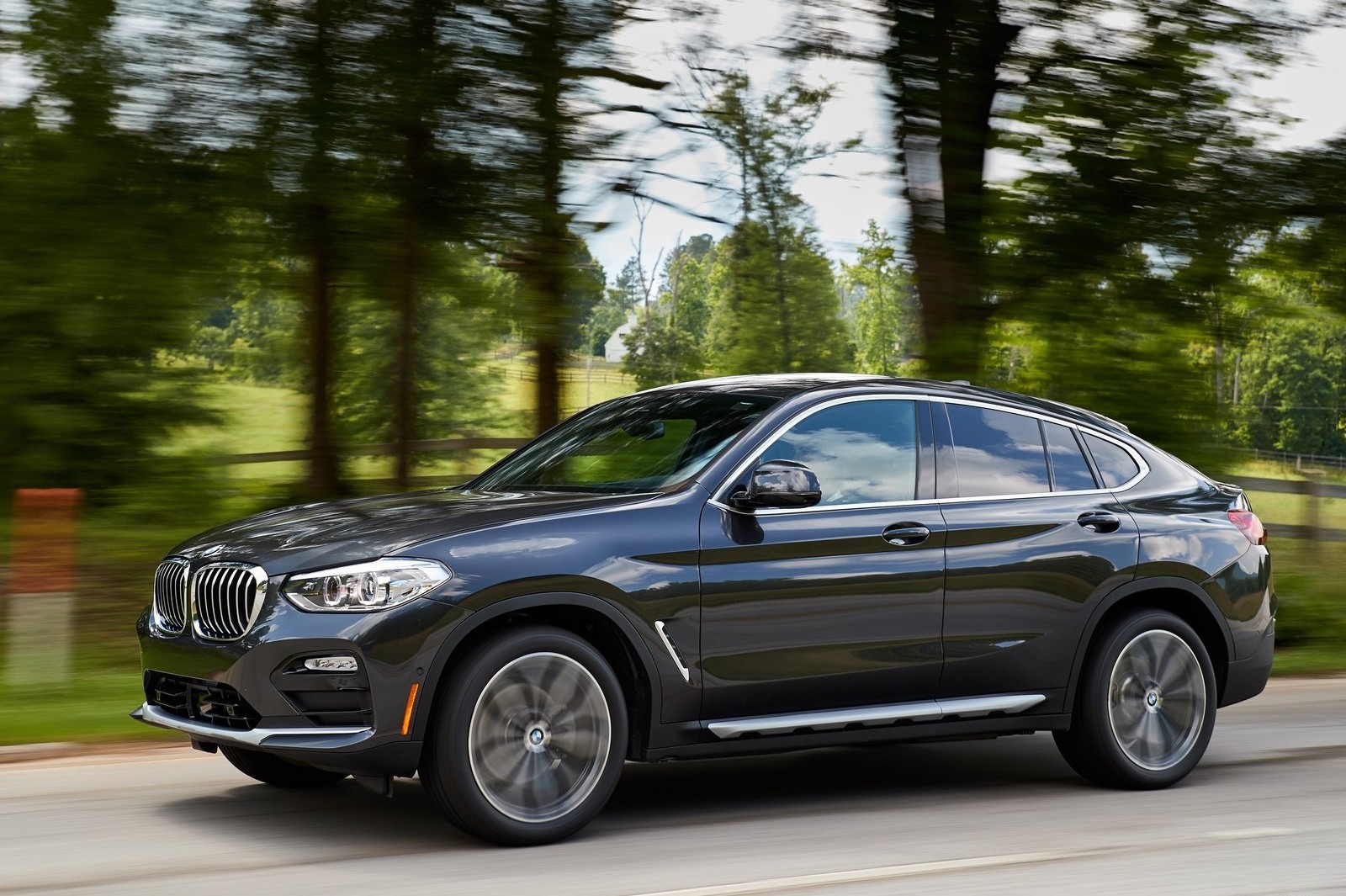
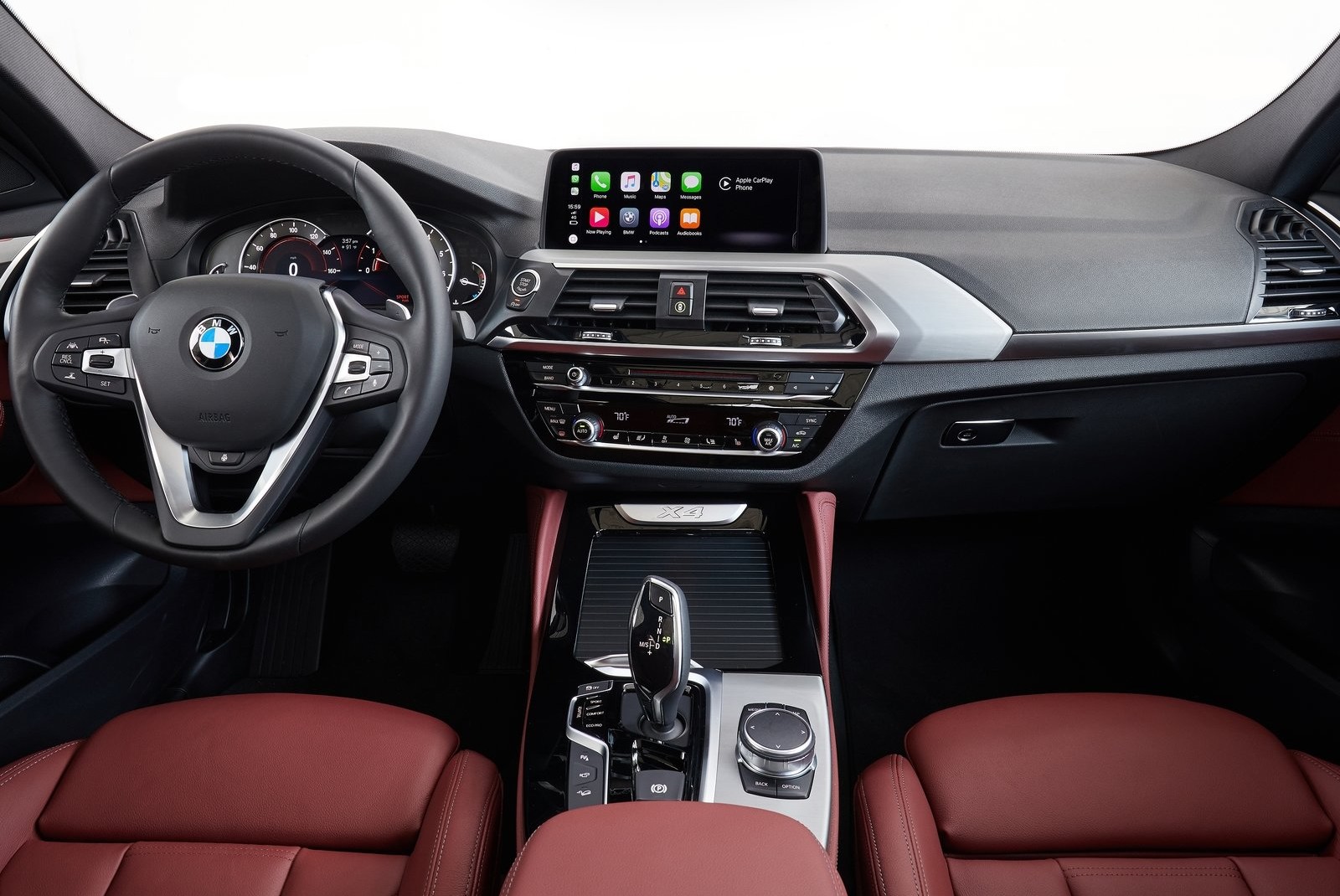
The BMW X4 compact SUV coupe arrived in 2015 as a companion model to the brand’s more mainstream X3 crossover.
In its early years, the X4 was offered as the xDrive28i, with a 2.0L turbo four-cylinder engine (241 hp/258 lb-ft), or the xDrive35i, powered by a 3.0L turbo inline six-cylinder (300 hp/300 lb-ft). In 2016, BMW added a six-cylinder M40i with 355 hp/343 lb-ft. A second-generation X4 came along in 2019 with the same powertrains, but with a new xDrive30i designation for the base model. The 2020 model year brought the X4 M, a high-performance version whose tweaked six-cylinder engine generated up to 503 hp and 442 lb-ft. All engines came with all-wheel drive and an eight-speed transmission.
Fuel consumption estimates for early four-cylinder models were 11.7/8.4 L/100 km (city/highway), and improved to 10.0/8.2 L/100 km by 2020. The most efficient six-cylinder model is the 2020-2021 M40i, with ratings of 11.3/8.7 L/100 km. The X4 M’s estimates are 16.6/12.1 L/100 km.
Owners of early models report failed LED taillights and ignition coils, engine timing chain problems, and transmission fluid leaks. In second-generation models, watch for water leaks in the cabin, unwanted steering noises, and low-profile tires that are easily damaged by potholes and other road imperfections.


